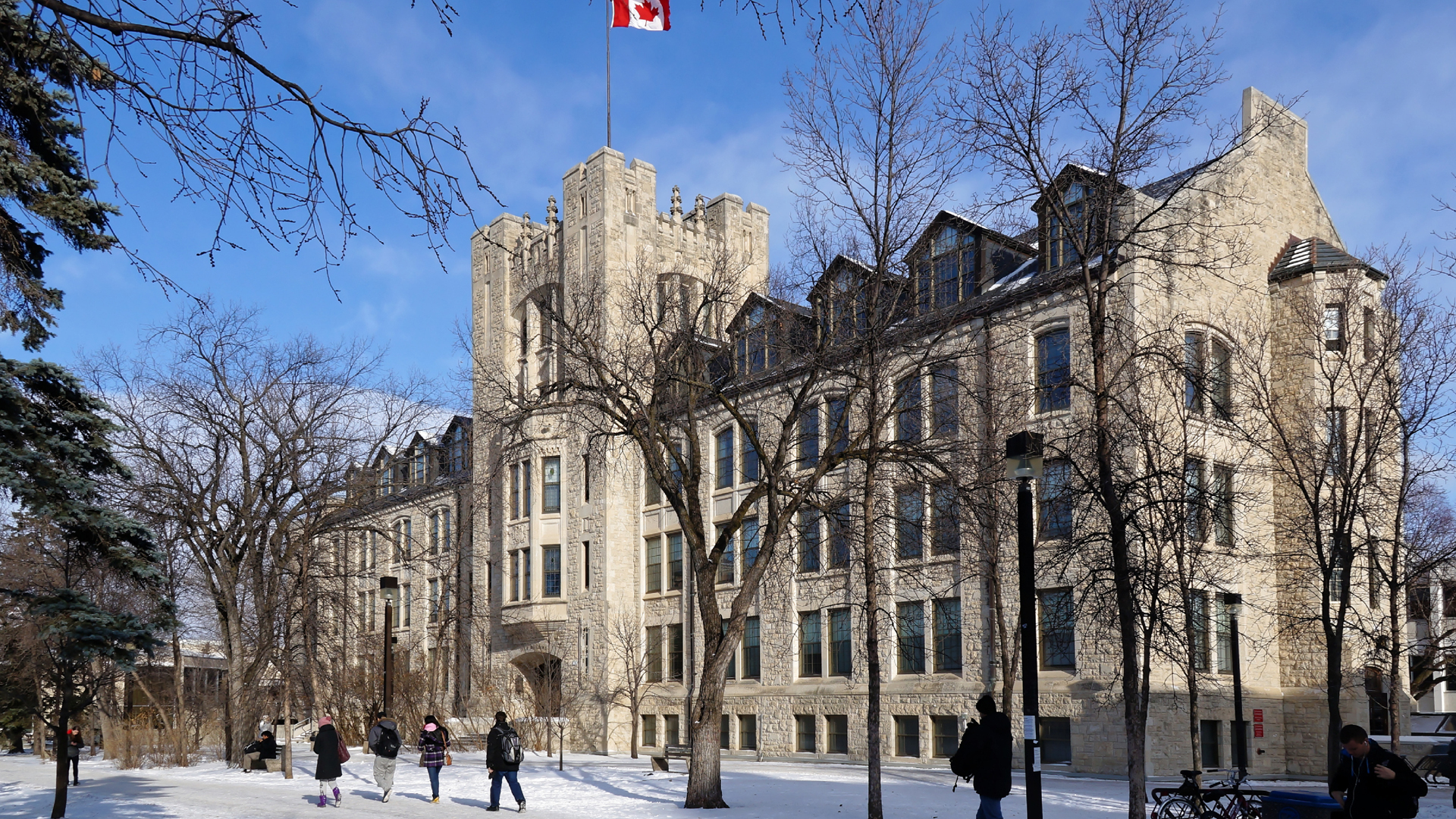
Canadian universities are engaged in a delicate dance with China and federal and provincial governments to retain research partnerships and much-needed foreign funding. In recent years, Canada’s most research-intensive universities have been challenged by numerous budget cuts and policy changes, while COVID-19 has severely diminished many sources of revenue. If governments across Canada continue to cut funding to post-secondary institutions (PSIs), then universities cannot risk alienating their major source of income.
The Canadian Security Intelligence Service has warned about extensive Chinese interference in PSIs. Activities include covertly influencing research agendas, obscuring conflicts of interest or military ties, and misrepresenting the objectives of an investment or details about funding. Especially sensitive is a wide range of emerging technologies such as quantum computing, aerospace and artificial intelligence that could be used to forward the aims of China’s military and security apparatus. Safeguarding sensitive technologies and intellectual property from China is a legitimate concern.
Last year, the federal government released new national security guidelines for research partnerships. This was done to integrate national security considerations into the evaluation and funding of research projects, particularly with regard to research partnerships with China. However, national security is different than the national interest, and the security guidelines may have unintended consequences. This complex issue requires careful consideration. Measures needed to protect national security must be undertaken in a manner that does not jeopardize low-risk foreign collaboration and investment with Canadian PSIs.
The involvement of Canadian universities in and with China has grown dramatically over the years. It is now a huge enterprise with multiple layers. For instance, international students are a critical revenue stream, particularly in the face of declining domestic government funding. International students pay tuition fees typically three- to four-times higher than fees paid by domestic students.
Between 2010 and 2019, there was a 158 per cent increase in the number of students from China registered at Canadian PSIs. Chinese students contributed approximately $5 billion in 2018 to Canada’s economy through tuition, accommodation, transportation and discretionary spending. As a result, Canada’s post-secondary sector is less resilient to diplomatic and political tensions between Canada and China. Retaliatory actions by China could result in fewer international students coming to Canada and a significant loss of revenue for Canada’s post-secondary sector.
Another layer to consider is international funding of research and development at Canadian universities. While it is difficult to pin down exact figures for funding originating in China, the Organisation for Economic Co-operation and Development reports that in 2011, $126 million in foreign funds went to Canadian PSIs and this increased to $145 million in 2020.
Furthermore, Chinese telecom giant Huawei’s financial ties to Canadian universities have totalled more than $56 million. Chinese institutions such as Huawei have been collaborating broadly with universities while also being accused of spying and intellectual property theft. Earlier this year, the federal government announced it was prohibiting the inclusion of Huawei (and ZTE) products and services in Canada’s telecommunications systems.
However, this sanction does not prevent Huawei from continuing to fund academic research. Canadian universities’ research ties with and funds from Chinese partners have contributed to universities staying at the forefront of research and in turn attracting top students and researchers.
A third layer is the ability for Canadian researchers to access China’s expansive network of state laboratories and manufacturing infrastructure. This advantage is difficult to replicate within Canada.
Retired University of Alberta researcher Gordon Houlden told the Special House Committee on Canada-China Relations: “A joint team of Canadian medical researchers, working with Chinese partners, is far more likely to put into production a medical device in Suzhou than in Halifax, given China’s vast industrial capacity. Changing that calculus is desirable but difficult.”
These joint ventures allow universities to commercialize Canadian-developed technologies, which contribute to their standing as world-class institutions.
Securing new and growing sources of stable, predictable funding will be important to reduce reliance on foreign funding of science, technology and research development at Canadian universities. Traditional government funding sources could be constrained for the foreseeable future, but governments will spend on targeted programs including innovation and infrastructure that will support economic growth and competitiveness. While the opportunity exists for universities to tap into these programs, it will not reduce their reliance on foreign funding.
Canadian universities have already experienced significant reductions in domestic funding, along with severely diminished revenue due to COVID-19. Further reductions will be deeply felt by students, researchers and the surrounding community. This will hamper the sector’s ability to act as a driver of economic growth and diversification. It will also make it difficult for it to compete globally for top students and researchers. If governments want universities to reduce their reliance on Chinese foreign funding, then domestic funding needs to increase in proportion to what is lost. Since this is unlikely to happen, PSIs must maintain their engagement with China.










